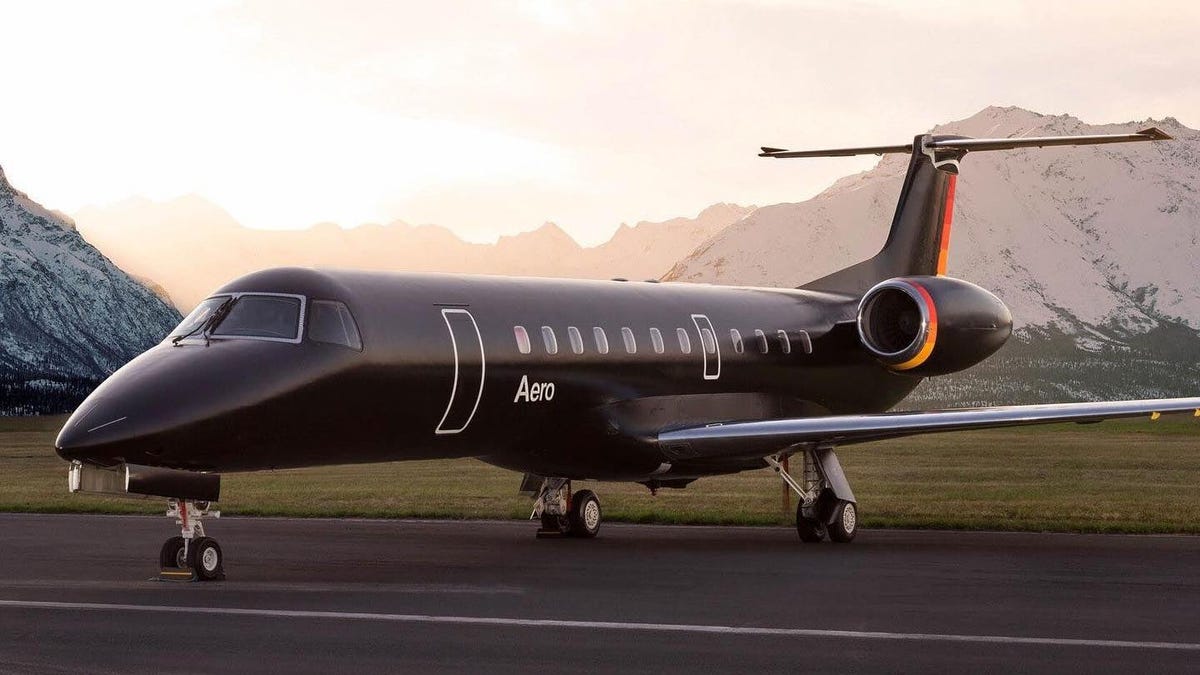Kurdish minorities are sounding the alarm over an expected U.S. downsizing from Iraq by 2026, worried they will be left vulnerable to extremist attacks that have frequently targeted the group.
The Kurdistan Regional Government (KRG), which governs three provinces in the semi-autonomous Kurdistan Region of northern Iraq, is in active negotiations with the U.S. on securing air defense systems and other security guarantees to protect civilians when American troops depart.
In an interview with The Hill, Treefa Aziz, the Kurdistan government’s representative in the U.S., said she was concerned the extremist group ISIS was resurging and still posed a threat to Iraq.
“They continue to pose a threat to the region, and in fact, this year, they’ve increased their attacks inside the country. And so we believe that conditions on the ground are not conducive for a troop pullout,” she said. “However, if there is a troop pullout, the KRG is needing some security guarantees.”
A U.S. defense official referred The Hill to the State Department for comment on weapons for the KRG. The official said regarding troops that “we will not speculate nor comment on potential future troop activities in order to preserve operational security.”
The KRG, which has legal jurisdiction over the provinces of Erbil, Duhok, and Sulaymaniyah, maintains its own security forces, the Peshmerga.
The Peshmerga have worked with the U.S. and the allied coalition in the campaign against ISIS and other militant groups, but it would face challenges against a resurgent ISIS alone, according to the KRG.
Aziz said the U.S.-led coalition has “been extremely vital” to Kurdish security as extremist groups continue to target energy infrastructure and kill civilians. She stressed the need for long-term assistance.
“We have been pushing pretty hard about the air defense system,” she said, noting there was a provision in the National Defense Authorization Act for fiscal 2024 for the Pentagon to equip the region with defensive systems.
“We don’t have the capacity to defend ourselves, so we need our allies and our strongest partner in the region, the United States, to protect us.”
Air defense systems might not be enough to protect the region, she added, noting the Kurds have a “target on our back.”
“Air defense is one tool that would be extremely helpful against these drone attacks,“ she said, but added “it’s not by itself enough. We need a much more comprehensive security guarantee, which would include ground forces.”
The Kurdish people are a minority in the wider Middle Eastern region but indigenous to the areas making up parts of modern-day Iraq, Syria, Turkey, Armenia and Iran. They do not have a state.
ISIS was accused of carrying out a genocide against the Yazidis, a religious subgroup of the Kurds, during the mid-2010s. The group also targeted other Kurds, Christians and Shia Muslims.
The U.S. announced in late September that it would end the coalition mission against ISIS, known as Operation Inherent Resolve, in September 2025. A transitional phase would stretch until September 2026. It currently has about 2,500 troops in the country.
While Iraqi officials have said all but a small number of troops are expected to remain after 2026, the U.S. has refrained from providing any details because talks are fluid. Still, they have said to expect a change in numbers.
Aziz said the KRG understanding is that U.S. troops will leave southern Iraq in 2025 and move to Erbil in the Kurdistan region, but those forces will also exit the region in 2026 — though her government is still seeking more clarity.
She explained the KRG has been expressing to the U.S. that now is not the time for a troop withdrawal, especially with conflict soaring across the Middle East between Israel and Iranian proxies.
“We think at this time, with the escalation of violence and tensions in the region, the announcement of a U.S. troop withdrawal from Iraq sent the wrong signals,” she said. “Those that are wanting to create instability are probably emboldened by that statement and will continue to be more aggressive in the region, in attacking us.”
ISIS took over swaths of Iraq and northeastern Syria when it rose to power in 2014. The U.S. deployed to Iraq that year at the invitation of Baghdad, which retains the right to ask American troops to withdraw.
Since the coalition’s arrival, ISIS has lost almost all of its territory in Iraq and Syria, and although the U.S. and Iraqi security forces still combat the group, the mission has evolved.
The high-level talks between Washington and Baghdad began in January, and Iraqi Prime Minister Mohammed Shia al-Sudani met with President Biden at the White House in April.
The talks came amid public statements from the Iraqi government condemning attacks in their country from both the U.S. and Iranian-backed groups that have exchanged strikes since the Gaza war broke out between Israel and Hamas in October 2023.
Aziz expressed some reservations about the process, which was predominantly between the U.S. and Iraq, arguing everyone should have a voice.
The KRG points to the fact ISIS has rebounded in the past few years following the withdrawal of American troops from Afghanistan in 2021.
This year alone, ISIS has been responsible for several attacks across the world, including Russia, Iran, Germany and Turkey.
U.S. Central Command said that from January to June 2024, ISIS was responsible for 153 attacks in Iraq and Syria and was on “pace to more than double the total number of attacks they claimed in 2023.”
The U.S. has expressed confidence in Iraqi security forces and said they have trained and equipped more than 225,000 Iraqis and given them $4 billion in military aid.
But Aziz said the KRG does not share that confidence.
“If there is a vacuum where we don’t have coalition forces on the ground, I’m not sure that Iraqi forces are able to really combat these attacks,” she said. “That will maybe create a new form of ISIS [or] they will reemerge.”







